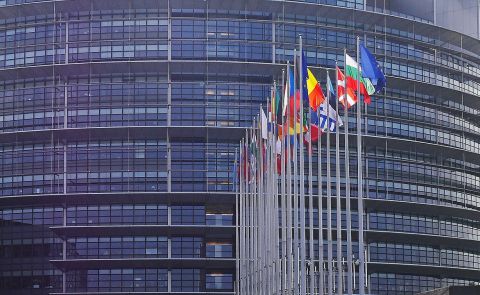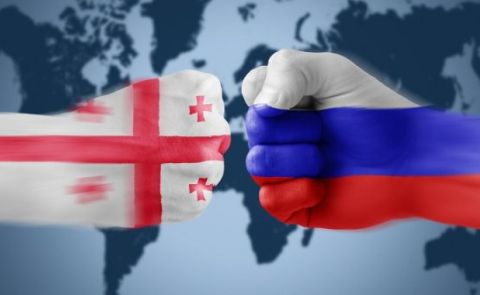
Political situation in Georgia: controversial party funding bill passed in first reading

On 22 December, Georgia’s Prime Minister Giorgi Gakharia alongside the candidates for the Cabinet of Ministers presented the direction of the country’s government to the parliament.
Gakharia reiterated that the government’s strategic goal will be to ensure further ties with the EU in the coming four years and to make an appeal for EU membership in 2024. “We should ensure closer physical ties with the EU in all the fields - communication, roads, logistics, education, economics,“ he stated. The Georgian Prime Minister also emphasised that the Russian occupation of Abkhazia and Tskhinvali (South Ossetia) remains the most serious challenge for the country. He added that the country’s development would be restrained until this problem remains unresolved.
Amongst other concerning issues, Gakharia named the strengthening local governments, the work without an opposition in the parliament, the privatisation of state-owned enterprises, and the issue of tax breaks as key issues. “We must ensure a higher level qualification on the municipal lever, otherwise, the decentralisation process will not be effective,” he said in regard to the first concern. In regard to the second matter, Gakharia noted that the absence of the opposition would double the accountability of the government and the parliament. “Everyone should understand that fiscal consolidation and discipline is a very important goal of the government, especially during the times of the economic crisis. We will have to review many of the tax breaks, the effectiveness of which has long been in question. We all need to understand that both our business and our citizens need to understand this. The most important thing for us today is the equal and efficient use of the limited resources of the state,” Gakharia emphasised while speaking about the fourth issue.
The candidate for Georgia’s Defence Minister spot Irakli Gharibashvili said that the country would further strengthen its defence capabilities in 2021. He said that the defence forces would be equipped with operational and tactical unmanned reconnaissance and combat drones as well as continue renewal of the air fleet. While introducing the defence vision of the new government programme Gharibashvili said Georgia aims to purchase more anti-tank Javelin missiles as well. He also noted that in 2021 the Georgian defence forces will be equipped in full line with the NATO standards which includes M4 rifles - a modern, American-designed weapon.
The candidate for Georgia’s State Minister for Reconciliation and Civic Equality Tea Akhvlediani said that Georgia was ready to expand the platform of informal dialogue and cooperation with the Abkhaz and Tskhinvali communities based on common interests. She said that this should be done in a depoliticised manner, serving to address various humanitarian and human rights issues and achieving welfare for the population. The de facto Abkhaz Ministry of Foreign Affairs of Abkhazia reacted to Akhvlediani’s statements by saying that “Tbilisi perceives Abkhazia exclusively as a ‘community,’ ‘de facto regime,’ ‘occupied territory’ and so on,’” which only leaves a possibility of an “informal” dialogue and that the de-facto authorities in Sokhumi do not intend to lead “this kind of dialogue” with Tbilisi.
The controversial bill which strips parties of state funding if they refuse to take up their mandates in parliament (Caucasus Watch reported) was passed in the newly formed Georgian parliament in its first reading. Per the ruling Georgian Dream party-initiated bill, the parties will not receive state funding if at least half of their MPs do not enter the legislature. The bill also strips the parties of free media time and rejects election registration for the parties whose leaders violate the state constitution.
Negative reactions already came from the US ambassador to Georgia Kelly Degnan and the European People's Party (EPP) officials regarding the bill. Degnan stated that she disapproves of the bill, expressing her hopes that the bill will be revised before its approval, noting that she does not welcome any bill which may create problems for the opposition’s development and restrict their access to media. The EPP representatives stated that they were “deeply concerned” with the bill and that the new bill package was “directed against the biggest opposition party that is supported by one third of the Georgian population,” alluding to the United National Movement (UNM) party.
See Also


Georgia Imports More Russian Natural Gas Than Azerbaijani Gas for the First Time in 18 Years
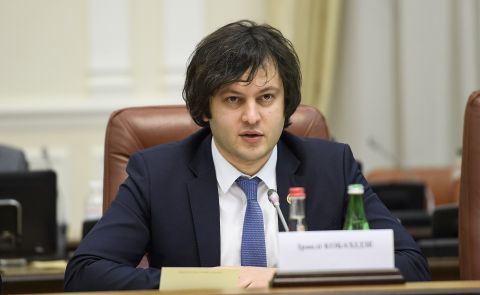
Irakli Kobakhidze Appointed Chair of Georgian Dream Party
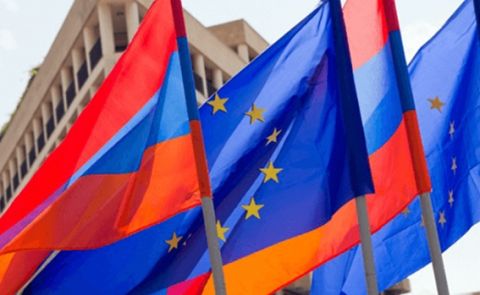
Armenia Aligns Consumer Law with EU Standards in New Reform Bill
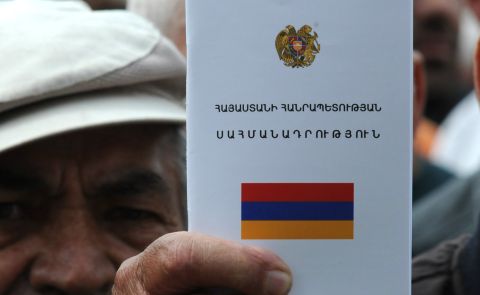
Armenia’s New Constitution Underway, Public Review Promised
